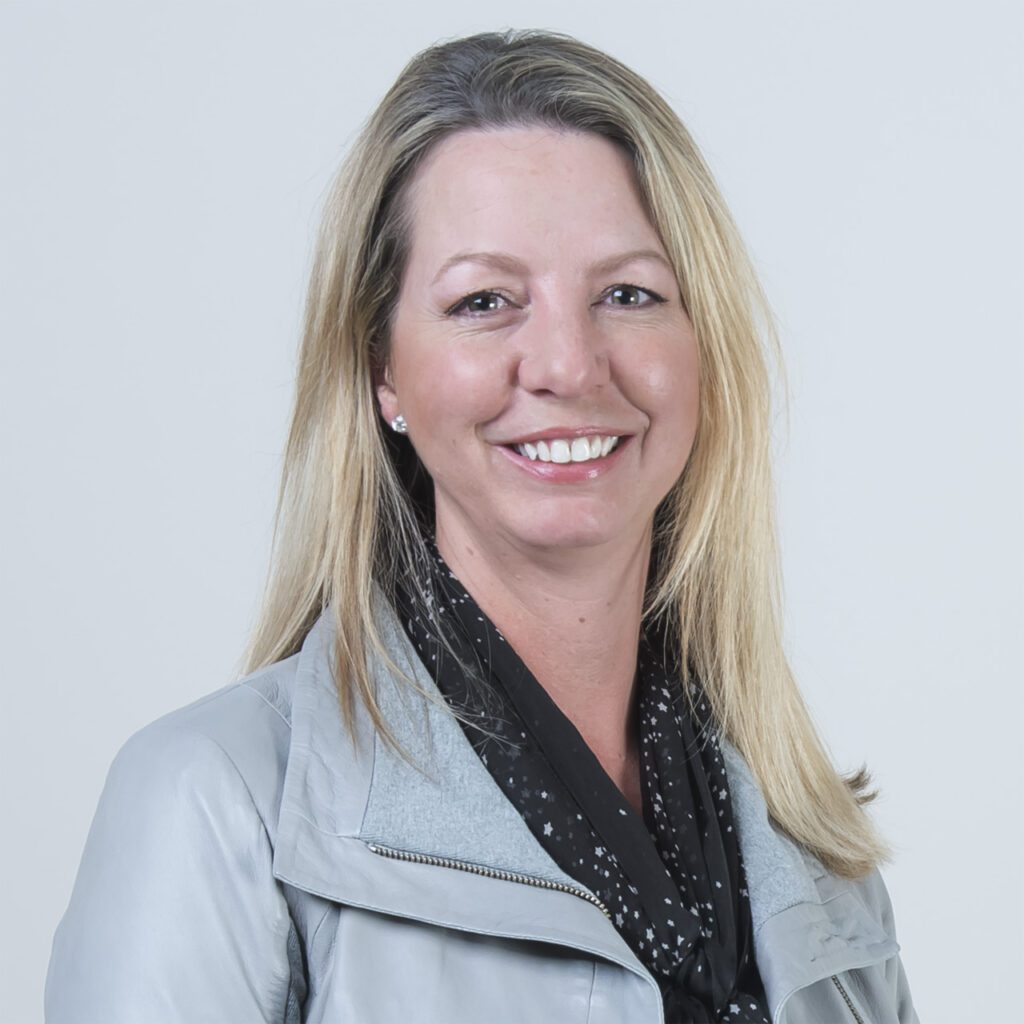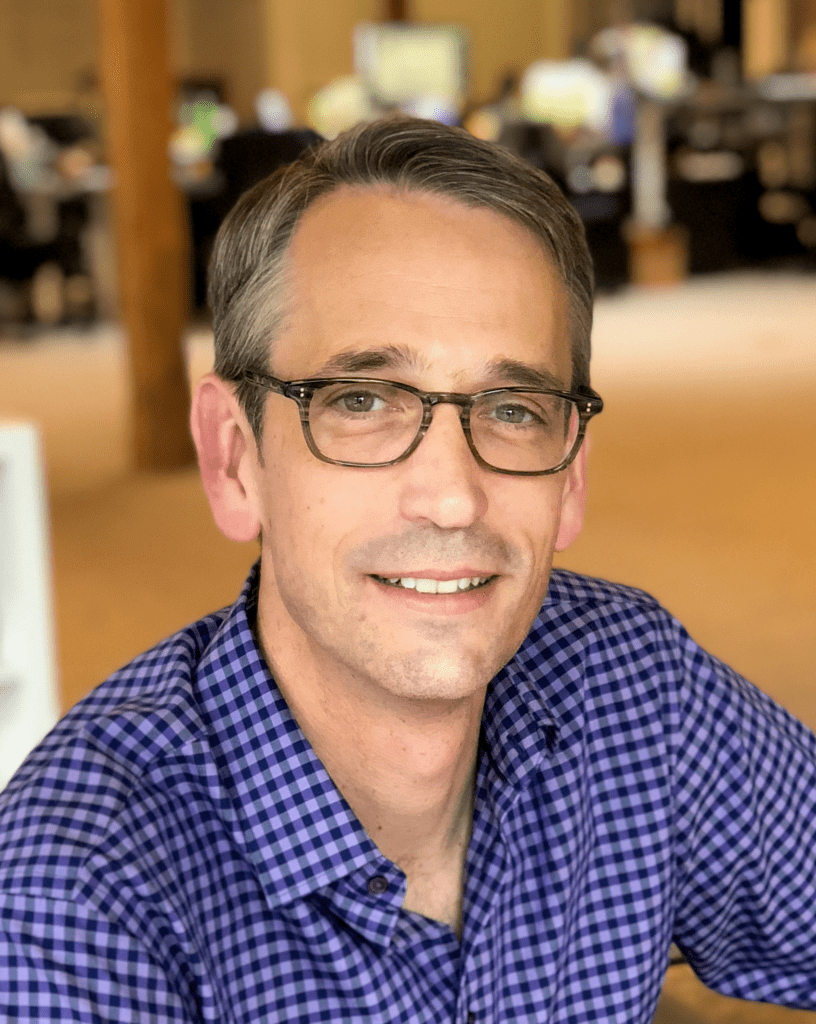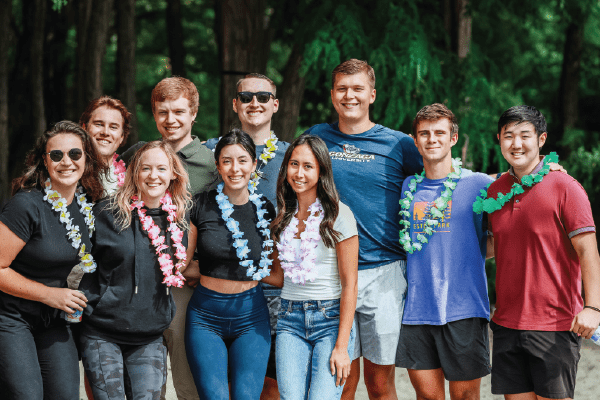Climate-Tech Nonprofit Shares Business Skills for Good
Nationally, giving circles of all types have been increasing in popularity due to their ability to increase civic engagement, change mindsets around philanthropy and philanthropists, and move resources to chronically underfunded issues and groups.
That’s why several times a year, Brighton Jones brings together clients who have shared values to explore and fund social issues together via giving circles. Recently, a group of clients launched the PNW Environment Community Impact Circle. This cohort, which includes 15 Brighton Jones clients, provides opportunities to learn from environmental leaders tackling issues around clean water, climate justice, wildlife migration patterns, and land conservation, as well as the nonprofits behind the work.
In January, the group met at the University of Washington’s Clean Energy Testbeds to learn about VertueLab, a nonprofit climate technology accelerator. This organization fights climate change by providing holistic entrepreneurial support and funding to early-stage climate technology startups. It has an equity-based mission at the intersection of climate, business, technology, and funding, and emphasizes physical technology solutions. It offers a structured program that helps founders launch a physical prototype, as well as programs to help them create sound business plans and apply for grants.
VertueLab executive director and founder David Kenney and board chairwoman Heather Andersen, a Brighton Jones client, recently sat down with me to share their journey in the nonprofit realm.

Q: Heather, what was your first experience of volunteering? My first memorable introduction to philanthropy was in college at the University of Southern California. USC offered many opportunities to volunteer in the local community, from hosting birthday parties for local inner-city youth to raising funds for various organizations through my sorority’s philanthropy partner, Camp Sechelt (now Girls on the Run). Philanthropy was an important part of my college experience and the feeling of community service really stuck with me.
Q: Heather, what was your career path that led to working with nonprofits? After college, I spent 25 years in business and technology consulting with Accenture. Accenture valued service, both to clients and to the community, encouraging everyone to volunteer, consistently donate, and serve in nonprofit leadership roles as part of the company’s core. In my 20’s, I volunteered through Seattleworks and took on a board internship with Youth in Focus, which helped me learn more about nonprofit work. In the latter part of my consulting career, I began helping clients with their ESG (environmental, social, and governance) strategies and programs, which was incredibly rewarding. I saw the opportunity for corporations to solve broader social and environmental issues, not only with funding, but with their own products, programs, and influence. I think the intersection of ESG and companies is a critical piece to society’s major challenges. That work led to many opportunities to get to know the nonprofit landscape, particularly those philanthropies that formed strong partnerships with the corporate sector. From there, I made the decision to give more of my time to philanthropic endeavors.
Q: Heather, how would you suggest people find their path to getting involved with nonprofits? In terms of finding meaningful ways to give back, I would say it helps to explore different organizations through volunteering, attending events, and reading books and articles about topics that interest you. For example, the book Braiding Sweetgrass inspired me to pay attention to how nature works together as a system. It’s a fascinating read that makes you want to get involved with preservation. I also found new connections through joining interest circles and through talking with others about which nonprofits they support. I find I am most drawn to organizations that enable you to learn alongside them through experiences.

Q: David, what advice do you have for people who want to align their time with their passions and values but aren’t sure where to start My advice would be to dedicate some time to understanding the issues that are most important to you and then explore the different approaches to addressing these problems. See what resonates the most to guide where you want to direct your efforts and giving. Addressing the climate crisis can be overwhelming and big, and there are a variety of ways to approach addressing the problem. From our work advancing climate technology to policy change to nature-based solutions, you can pick an area, or multiple areas, and support the nonprofits leading that work.
Q: David, how can others learn more and support your work? You can stay engaged and informed about our work through VertueLab’s Annual Climate Tech Conference: Fuel (Fall 2022), signing up for VertueLab’s Newsletters, and following us on LinkedIn. You can become a VertueLab donor and provide foundational support to grow our current programs and launch new programs across the region, or reach out to Erin Clements, our director of strategic partnerships, to learn more about impact investing options that advance climate technology.





